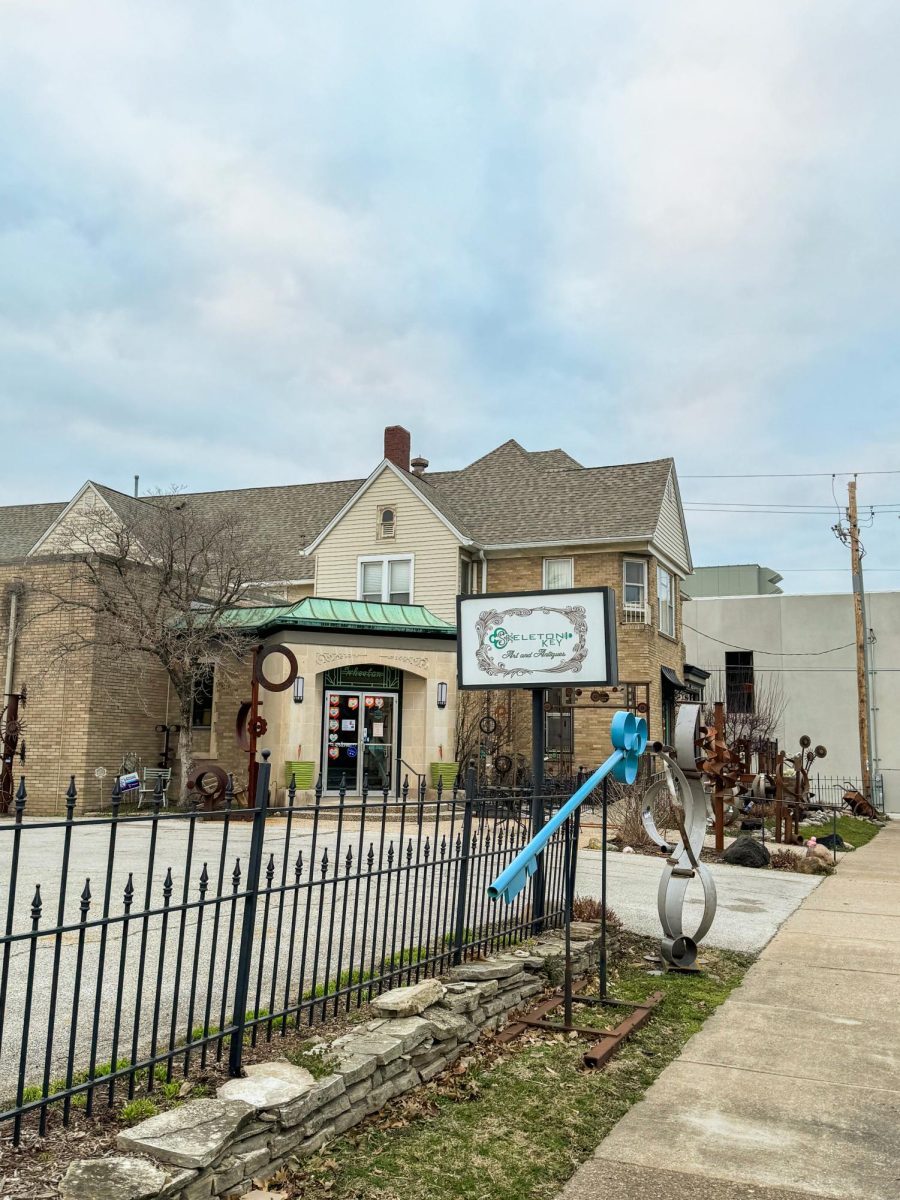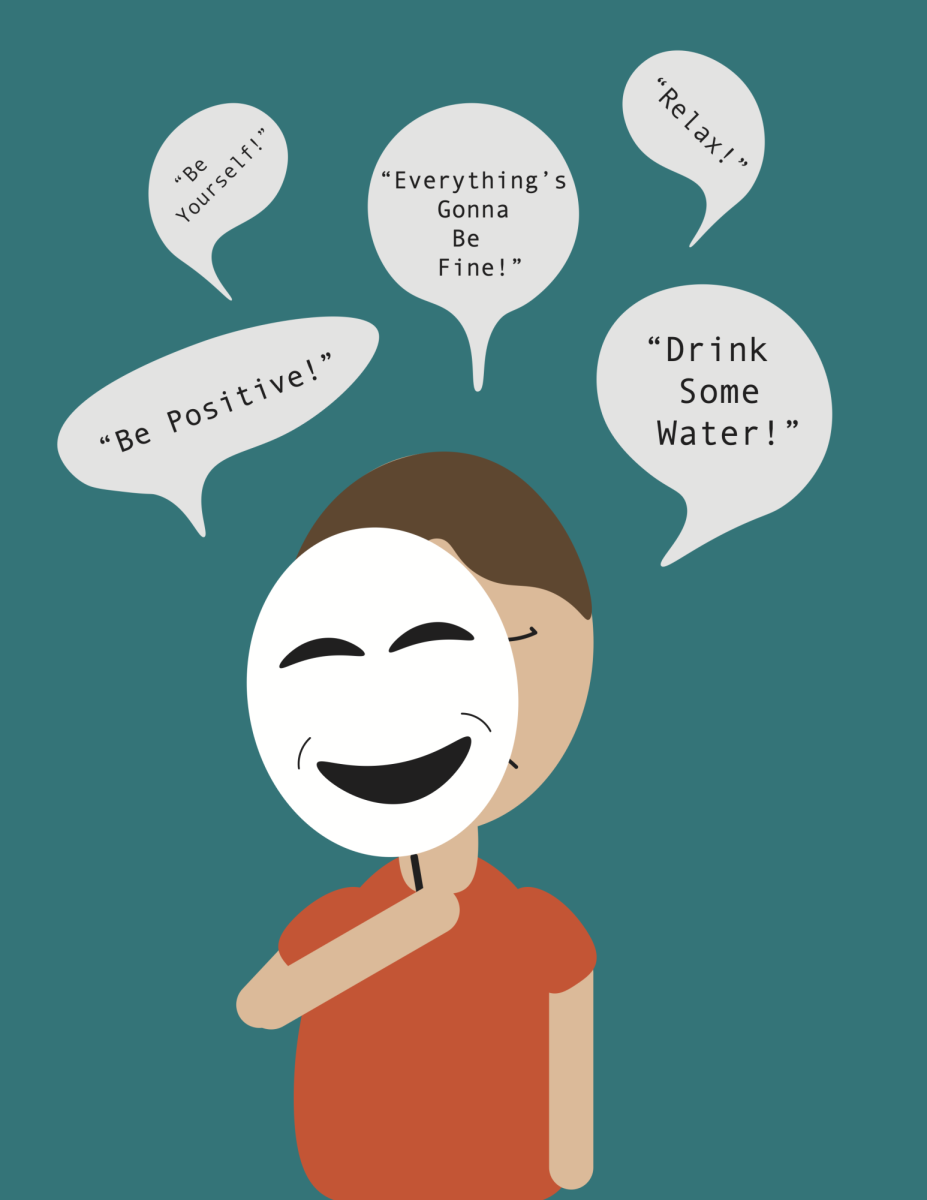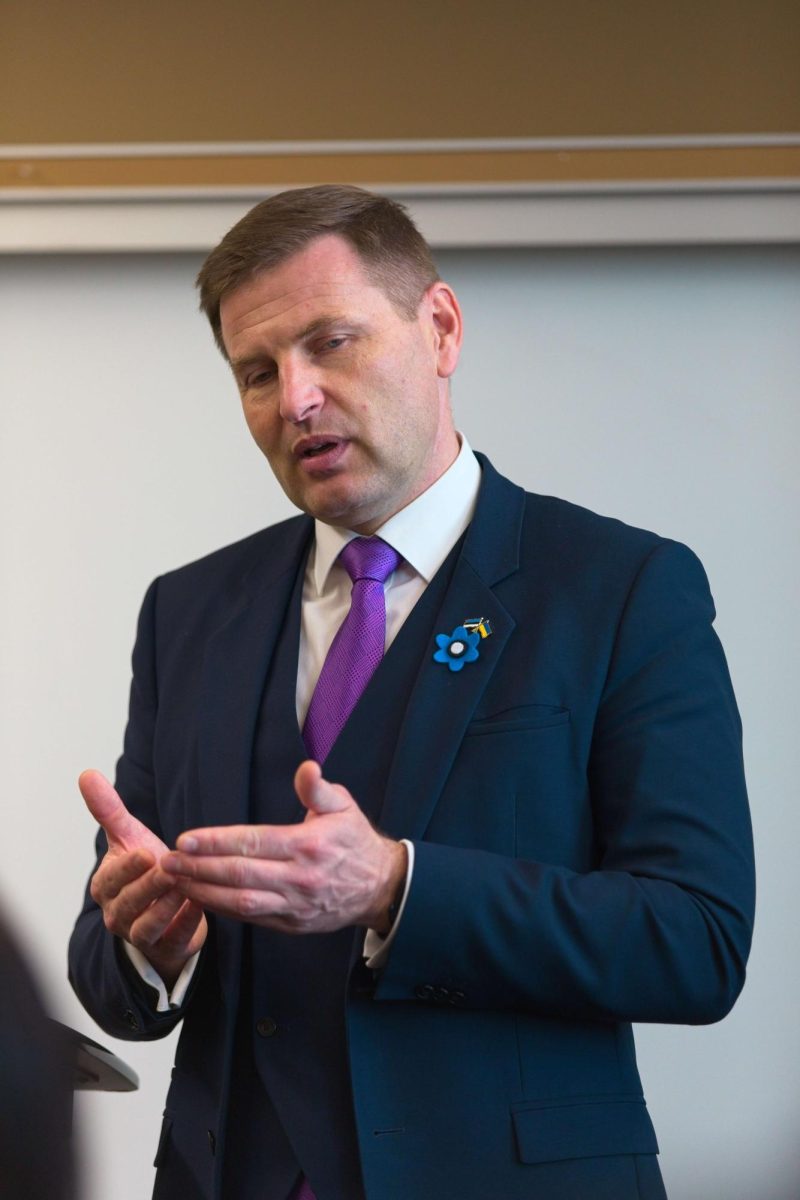The negative effects of underage drinking have decreased at St. Ambrose University in Davenport as a result of the medical amnesty policy, said Timothy Phillips, dean of students.
Augustana has yet to provide students with this policy, which protects students seeking medical attention for underage drinking from legal trouble.
The medical alcohol amnesty policy allows people to seek medical attention for themselves or their friends in dangerous alcohol or drug related with limited legal protection. This policy is implemented statewide, although campuses may decide whether or not to use it.
Illinois and Iowa do not enforce the medical amnesty policy, however, Illinois legislation is pending.
While Augustana does not have a medical amnesty policy, St. Ambrose has implemented the policy for 6 to 7 years.
“In general, we feel that our use of alcohol amnesty has improved the drinking situation on campus,” said Timothy Phillips, dean of students at St. Ambrose. “We still have high rates of alcohol use, but the dangerous nature has decreased slightly. The value of the policy is that what we are concerned about is the students’ health and safety, including in situations where underage drinking is concerned.”
Phillips said it is important students are aware that the university’s first priority is safety and well-being, and the medical amnesty policy provides a safe way for students to take care of their friends suffering from alcohol poisoning or other alcohol related injuries.
Views such as this lead to the question about why Augustana has chosen not to employ alcohol amnesty in the school policies.
“At a college like Augustana where we are small and we care, I really do think our students do the right thing by and large and having or not having that policy probably is not going to make a huge difference on people’s behaviors,” said dean Evelyn Campbell. “The mission of college is to help students come to terms with themselves, have informed and reasonable beliefs and practices and to make good behavioral and mature choices. I think that might be better done by having real life consequences.”
Laura Hartman, associate professor in religion, said these moral and ethical expectations held by the college influence decisions leading to policy making.
“It could be that we have faith in the law that it will, in fact, deter people, or that it will serve some important service,” said Hartman.
She said the Lutheran theology, which the college identifies with, emphasizes sin and guilt as part of life.
“Being heavy on sin, Lutherans feel that we can’t trust ourselves to make good choices, so that’s why we need something like the law that can see the world more clearly,” said Hartman.
Phillis said the idea of alcohol amnesty might be confusing.
“The issue of sending the message that it is inevitable that people will break the law, and that it’s okay, is that it’s walking a fine line and send mixed messages on expectations to follow policy and be adults,” said Phillips. “Sometimes adult decisions might go against policy, and if confronted about these decisions, students need to learn to take responsibility.”
Hartman said she would like to see a debate about alcohol amnesty on campus.
“I think we need to talk about drinking culture on this campus,” said Hartman. “This would be a great excuse to shine a spotlight on these patterns of behavior and figure out why students are doing things that are dangerous.”
Campbell said alcohol amnesty does not seem to be in the near future.
“There’s a big emphasis on changing judicial procedures that link alcohol use and sexual assault,” said Campbell. “For the next few years, that’s going to be the main focus. I don’t know that the alcohol amnesty is going to be a part of that discussion.”
April 26, 2024

Fatima Martinez Gallegos • April 26, 2024

Rae Barry • April 26, 2024
Celeaciya Olvera • April 26, 2024
Medical amnesty yet to be offered
September 28, 2014
Leave a Comment















































































































